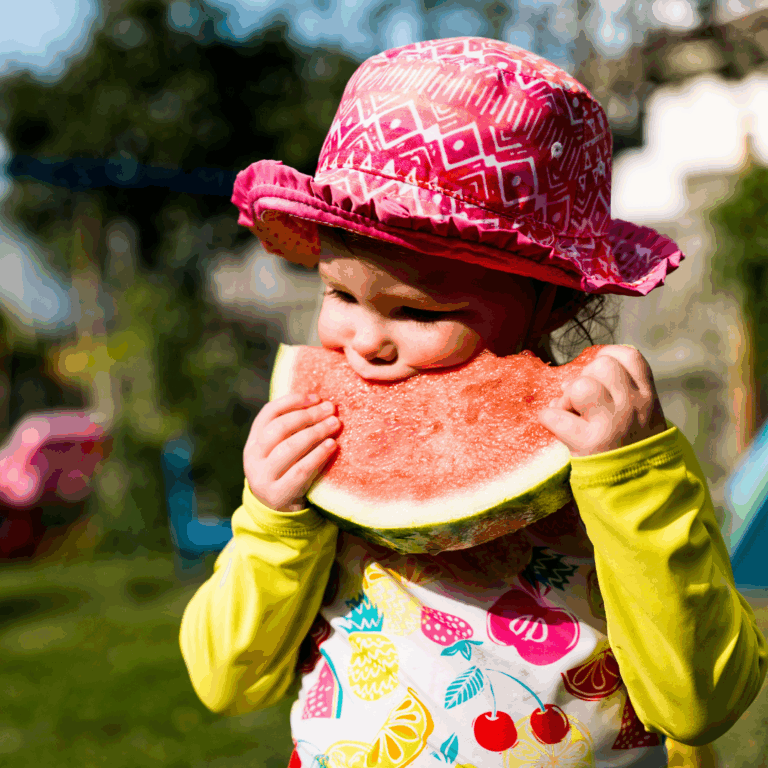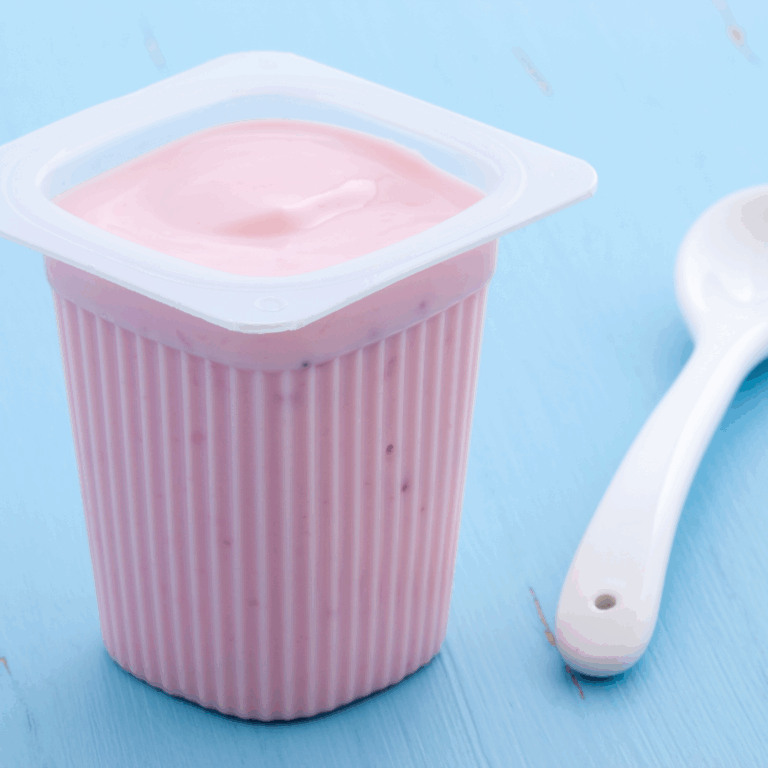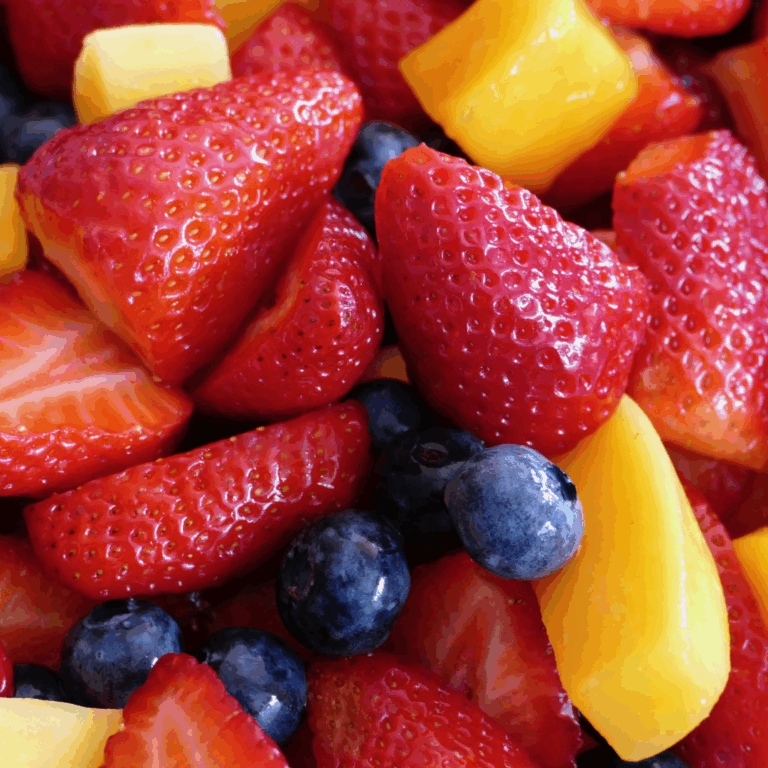Working hours
Mon - Fri: 8am to 5pm
Mon - Fri: 8am to 5pm
Share

In the earliest years of life, food does far more than satisfy hunger. It plays a crucial role in shaping a child’s long-term health, development, and relationship with food. That’s why the latest updates to the EYFS nutrition guidance matter so much, particularly its firm, no-nonsense stance on sugar:

This is something I’ve advocated for throughout my career. As an Early Years Nutrition Consultant and founder of Tiny Tums from The Health Kick, I support nurseries, pre-schools, and childminders across the UK to implement this kind of guidance with confidence. It’s not just about compliance, it’s about creating positive, lasting habits that support children’s wellbeing for life.

We’ve known for years that too much sugar is bad for dental health, but that’s only scratching the surface. The wider impacts of sugar on young children are serious and far-reaching.
Let’s break it down:
Brain development: Sugar activates the brain’s reward system, which can influence how a child forms eating habits. The earlier this starts, the more likely children are to crave sugar as they grow.
Taste preferences: A child’s palate is shaped early. Exposure to sugary foods can make natural, whole flavours (like vegetables) less appealing.
Health risks: Sugar is strongly linked to the growing rates of childhood obesity and Type 2 diabetes, conditions that are now appearing in children at a worryingly young age.
And the long-term outlook is just as concerning. Research shows up to 85% of obese 10–11-year-olds remain obese as adults. This is a trajectory we have the power and responsibility to change. But we need to act early.

The new guidance brings much-needed clarity. It removes the grey areas and sets a clear, evidence-based standard for early years settings.
Here’s what it says about sugar:
Sugary foods and drinks must be avoided. That includes fruit juice, sweetened yoghurts, and sugary puddings, even as an occasional treat.
Breakfast cereals must be low in sugar. Ideally, under 5g per 100g.
Dried fruit must only be served as part of a meal, not offered as a snack.
The word “avoid” is critical here. In practice, this means these items should not be provided at all in your setting, not on special occasions, and not in small amounts. For many, this represents a cultural shift, but it’s a necessary one if we want to support the health of the next generation.

As I work with settings across the country, I come across the same well-intentioned but outdated beliefs. It’s understandable, we’ve been surrounded by mixed messages for years. But it’s time to set the record straight:
“Children need sugar for energy.” Children absolutely need energy, but not from added sugar. Whole foods, such as fruit, oats, and healthy fats, provide the fuel they need for growth, learning, and play, without the blood sugar spike and crash.
“A little bit won’t hurt.” In truth, it can. Sugar is highly habit-forming, especially when introduced early. What starts as a ‘treat’ can quickly become a preference, one that’s hard to undo.
“They’ll grow out of it.” Sadly, most don’t. In fact, those early eating patterns often become deeply embedded and continue well into adulthood, increasing the risk of chronic health issues.

The idea of cutting sugar completely can feel overwhelming, but it doesn’t need to be. With the right tools and support, your setting can confidently embrace the changes and even lead the way in creating a healthier food culture.
At Tiny Tums, I help settings to:
Revise and refresh menus so they’re free from added sugar, balanced, and full of nutrient-rich options that children enjoy.
Write clear, practical food policies covering sugar, celebrations, and packed lunches, so everyone’s on the same page.
Train staff teams so they feel confident modelling and supporting healthy habits every day.
Work with families to build understanding and support at home, with no guilt, no food shaming, and plenty of positive messaging.

One of the biggest challenges settings face is how to handle birthdays and celebrations. When there are several children’s birthdays a month, it’s easy to fall into a pattern of weekly cakes and party snacks, which directly contradicts the EYFS guidance.
But celebrating doesn’t have to mean sugar. The guidance encourages settings to mark special occasions in fun, meaningful, non-food-based ways. Fruit platters, bubble-blowing, stickers, or extra story time are all brilliant alternatives that still make children feel special, just without the sugar crash.
It’s about consistency. If we’re creating a healthier food environment every day, it’s important that our celebrations reflect that too.
The early years sector is in a powerful position to shape lifelong health outcomes. These updates to the EYFS nutrition guidance provide a clear, evidence-backed framework, and a brilliant opportunity to make a real difference.
At Tiny Tums, we’re here to support that transition, not just by helping settings meet the new standards, but by empowering you to build a sustainable, child-centred food culture that puts wellbeing first.
Menu Development
Policy Writing
Staff Training
Parental Engagement Resources
If you’re ready to become a sugar-free, EYFS-compliant setting, I’m here to help.
Louise Mercieca is a Nutritional Therapist and award-winning author specialising in early years nutrition. Through her work with Tiny Tums from The Health Kick, she supports nurseries, childminders, and early years settings to implement realistic, meaningful nutrition strategies that shape children’s health from the very start.

With the ever-changing regulations and guidance, sign up to our monthly newsletter and mailings to stay current and keep up to date with running your childcare setting.
Simply enter your details below to join our mailing list.
By completing this form you are agreeing to our privacy policy You can unsubscribe at any time
